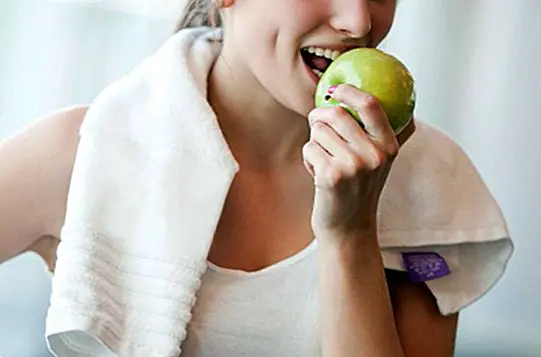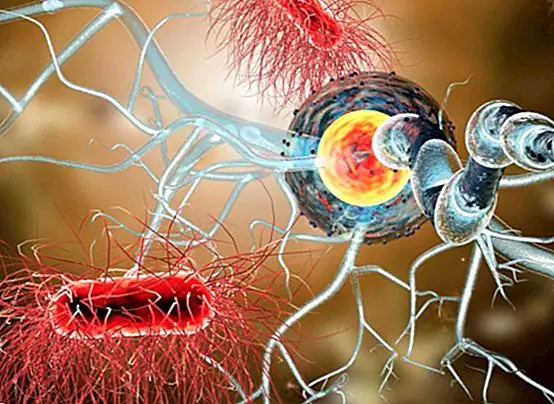How to care for the pancreas
The truth is that although it may seem a bit curious, the reality is that we tend to remember pancreas when the existence of a prediabetes (when blood glucose levels are higher than normal but not high enough to be diagnosed with diabetes) or from a diabetes (chronic condition that appears when the body loses the ability to produce insulin or use it effectively), since it is the body responsible for producing insulin, a hormone responsible for regulating the amount of glucose in the blood, among other important functions.
The pancreas is an organ that we find located in the digestive system, whose head is located in the concavity formed by the second portion of the duodenum. To be even more precise, we must say that it is an insulin gland. Among its most important functions we find that it produces insulin, glucagon, somatostatin and an exotrine cell that secretes pancreatic juice that passes through the small intestine. These enzymes tend to help in the breakdown of carbohydrates, nucleic acids and lipid carbohydrates in the chyme.

It can measure between 20 to 30 centimeters, a width of 4 centimeters, a thickness of 5 centimeters and a weight of approximately 70 to 150 grams.
The most common diseases of the pancreas
The diseases of the pancreas are not usually very frequent. In fact appears above all in times of development and growth, or rather in times of old age. Emphasizes pancreatitis, which can be acute (serious illness that can be fatal if not treated quickly, causing symptoms that can be confused with those of intestinal obstruction or peritonitis) or chronic (inflammatory process resulting from the release of enzymes from the pancreas inside of the glandular parenchyma).
Tips for caring for the pancreas
1. Avoid certain foods
It is important avoid foods of animal origin, that is, those rich in animal fats. On the other hand, it is also useful eliminate the fried ones and opt for other ways of cooking much healthier and healthier. It is also recommended avoid very fermented cheeses, as well as food with dyes and other additives Y drinks with colorants (such as non-natural packaged juices or soft drinks).
It is also recommended drink at least 2 liters of pure water every day, especially of weak mineralization.
2. Choose healthier foods
In the natural care of the pancreas include foods such as whole grains and steamed vegetables. As sweeteners you can opt for honey and brown sugar, replacing white sugar or blanquilla (which you know will be very unhealthy), in addition to opting for vegetable milks instead of milk of animal origin.
Also, other foods such as natural fruits and fresh vegetables stand out, as well as not very fatty fish.
3. Practice physical exercise
Physical exercise is essential when it comes to maintaining good health, and especially is very useful to care for and protect the health of the pancreas. In this sense, you can opt for relaxing options such as yoga, or opt for aerobic exercises not very demanding with your joints, such as walking.
The regular practice of physical exercise is especially useful for the care of the pancreas because it helps to invigorate its functions, while maintaining good circulation of oxygen throughout the body.
4. Reduce or eliminate certain habits
In the care of the pancreas is also important to eliminate certain unhealthy habits and very negative for your health, such as smoking and drinking alcohol, even if it is occasional (for example, sometimes determined as birthdays or parties).
In fact, did you know that alcohol is one of the biggest irritants in the pancreas?
5. Maintain an adequate weight
Maintain an ideal weight It is fundamental in the care not only of health in general, but particularly of the pancreas, in the same way as it happens with the liver and especially with fatty liver.
If you have doubts about what your ideal weight would be, you can consult about the ideal weight in men or the ideal weight in women, and thus discover it. This article is published for informational purposes only. It can not and should not replace the consultation with a Physician. We advise you to consult your Trusted Doctor. ThemesPancreas


